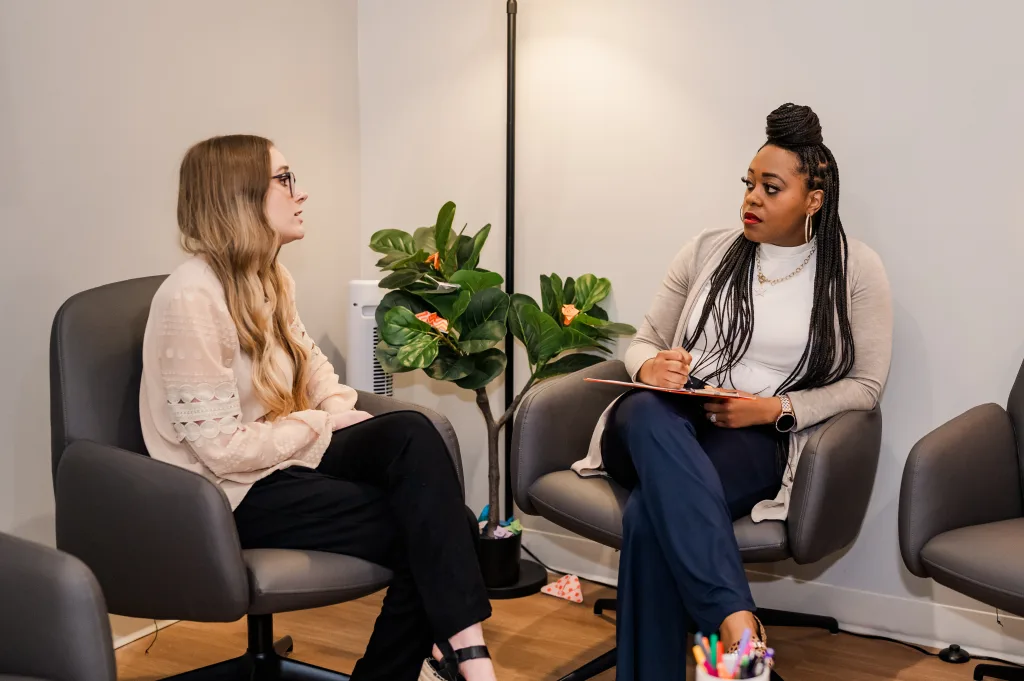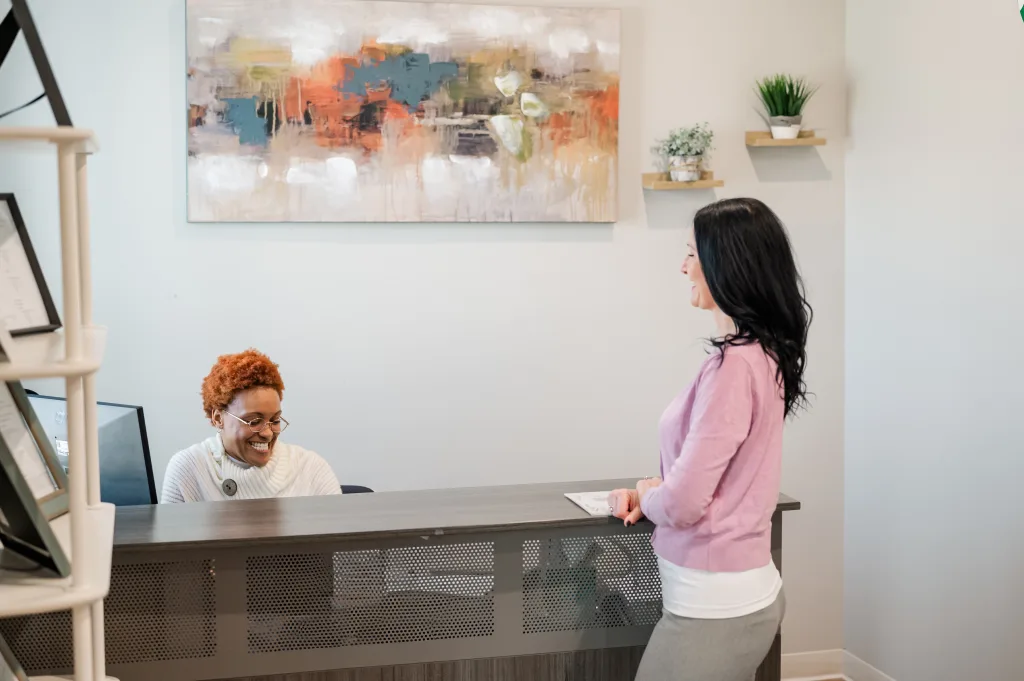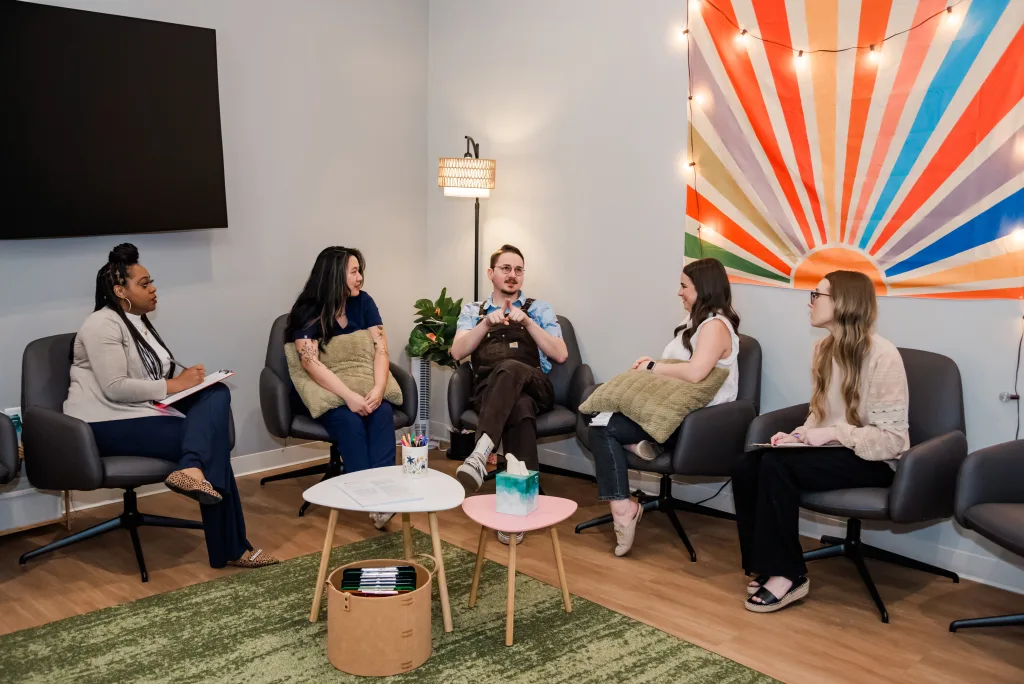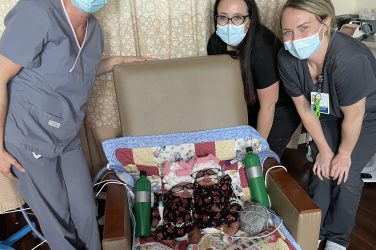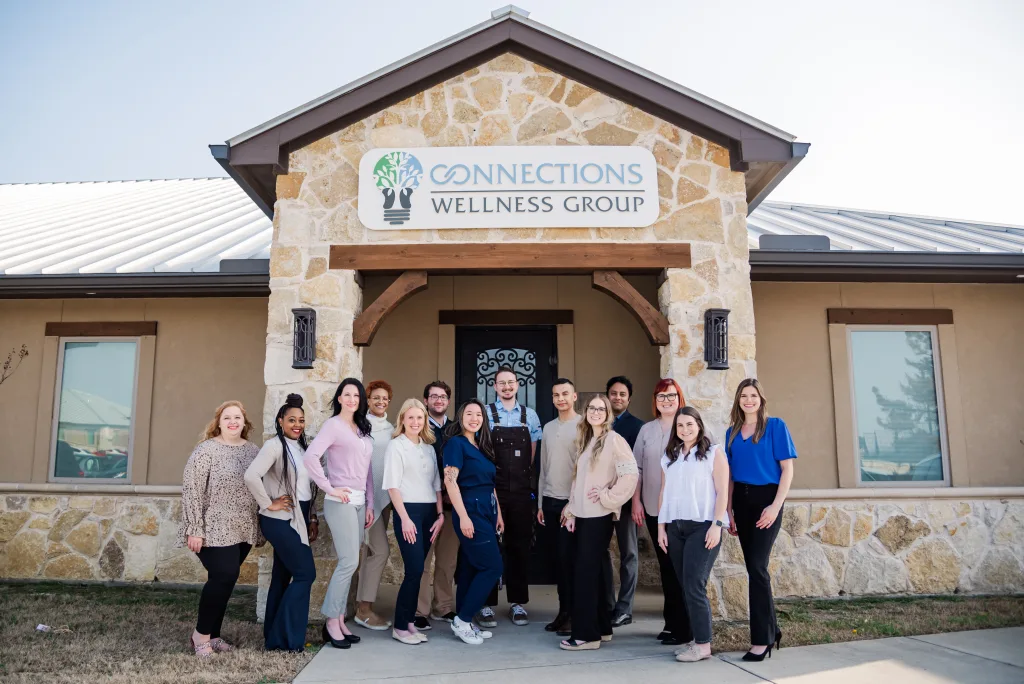
By
Meredith Knight
| Photos by The Teal
Album
Mental health was once
stigmatized in many cultures. Sadly, when those prejudices and
interpretations are present, they can deter individuals from getting the help
they need to lead a full, productive life. In recent years, however, mental
health is becoming more normalized. That’s a good thing for everyone says
Reagan Borgman, executive director of Connections Wellness Group in Plano.
“There’s long been a stigma that asking for help shows weakness. Expressing
feelings and faults makes you vulnerable and that has often been seen as a
negative thing. The problem is when those prejudices persist individuals
continue to suffer and those in a position to lend a hand aren’t able to do
so.”
Normalizing
the Conversation
Reagan likes to point out that everyone has
mental health struggles to some degree and that mental wellness has a direct
correlation to physical wellness. “By normalizing the conversation we’re
empowering people to get the help they need, showing them it’s okay to ask
for help and helping increase their self-awareness.” That’s a win for
everyone — for them, their loved ones, and society in
general.
Because mental and physical health are so
closely intertwined, Connections Wellness therapists begin by talking to each
client about their diet, sleep, physical activity, and stress levels. “How
much do you pour into your body daily?” Reagan said. “If you’re not sleeping
adequately or eating properly or you’re working too many hours, if you’re
spending too much time with your kids and not enough time with yourself, your
mental health will suffer. Your body needs to rest, recover, and be refueled
each day. Physical issues can drain you mentally, so that’s the first thing
we want to assess.”
Individualized Therapy
Once they’ve weighed these and other issues,
they can establish a treatment plan specific to each individual, focusing on
whatever is most important to them at the time. “Treatment is always client
directed,” Reagan said. Connections Wellness therapists follow their clients’
lead as they work to empower the client to take mental wellness into their
own hands.
During cognitive behavior therapy (CBT), for
instance, they help the client see how much power their thoughts actually
have. “If you’re telling yourself something negative about yourself,
negativity breeds negativity,” Reagan said. “We work with the client to
identify those negative messages they may not even realize they’re
communicating to themselves and to redirect them. Then, we show them how to
take what they’ve learned here and implement it in their lives outside of
here.”
These evidence-based therapeutic modalities
and holistic approaches work to bring about healing and recovery in patients
and to connect them back to what matters most to them. During PHP and IOP,
the client sees their therapist Monday through Friday for three or four hours
a day. When they are ready to leave the program, they’re connected with
follow-up care with a therapist who will take them to the next
level.
“Each treatment plan includes goals,” Reagan
said. “As therapy proceeds, we measure progress toward those goals, and when
necessary, make adjustments to help connect our clients back to being the
person they want to be. Ideally, we want clients to be equipped with the
necessary tools to transition from PHP/IOP to individual therapy so whenever
they’re faced with challenges, they’re able to receive the support they need
through individual therapy instead of returning to PHP/IOP.”
Family
Support
When appropriate, families are included in
treatment to help get everyone on the same page and discuss what’s working
and what isn’t. “Families are vital to the process,” Reagan said. “It’s
rarely just a single person who is the issue. Everyone needs to adjust and
modify what’s currently happening in the home. Again, therapy is always
client directed, but generally the therapist will reach out to the family
periodically to discuss what they’re seeing at home and what we’re seeing in
therapy. We want the client to focus first on themselves. Then we encourage
family meetings once or twice throughout the treatment period with the
therapist there to help direct communication.”
Paying it
Forward
The Connections Wellness team is intentional
about doing their part in their community. They accomplish this in many ways
including sponsoring back-to-school events, conducting mental-health
presentations for local companies and schools, sponsoring scholarships,
offering mentorship to student nurses, and welcoming master-level student
clinical interns to spend six months to a year and a half at a CWG location
gaining clinical experience and supervision from the directors on
site.
Mental
Wellness is for Everyone
Because mental health forms the foundation on
which every other aspect of life rests, Connections Wellness Group has
locations in Frisco, Plano, Denton, Flower Mound, Arlington, Keller,
Mansfield, McKinney, Plano, Prosper, Rockwall, Southlake, and Willow Park.
“Thoughts, feelings, relationships, finances, academics, and more all suffer
when you don’t have access to the tools and resources that help stabilize
mental health,” Reagan said. “If you or a loved one are in need of behavioral
health services, we want to offer you comprehensive behavioral healthcare that’s
also affordable and accessible, no matter where you reside in the DFW metro
area.” Find out more at ConnectionsWellnessGroup.com
or call to schedule a complimentary screening in Frisco at (469) 430-1930 or in Plano at
(469)
613-3390.
Client-Driven Care
Connections Wellness Group works with adults 18 and
up in their Frisco location and adults and adolescents in their Plano
location, offering partial hospitalization (PHP) and intensive outpatient
(IOP) programs designed for anyone struggling
with:
- Depression
- Anxiety
- PTSD
- Self-injury
- Thoughts
of death - Poor
impulse control - Irritability
Because each client is unique and responds to
different therapies or combinations of therapies, their treatment options
include:
- Psychiatric evaluation and medication
management - Individual
sessions - Group
therapy - Expressive
therapies - Family
support - Case
management - Aftercare
planning
CONTACT
255 West
Lebanon Road
Suite 120 and 124
Frisco, Texas 75036
6101 West
Plano Parkway
Suite 240
Plano, Texas 75093
